Northern Soul music is a genre of Soul music that originated in the United Kingdom in the late 1960s. It has a unique sound, which is characterised by fast tempos, soulful singing, and a focus on the groove. Northern Soul has become a huge part of British culture, with devoted fans gathering in clubs around the country to share their love of the music.
So, what exactly is Northern Soul music and where did it come from?
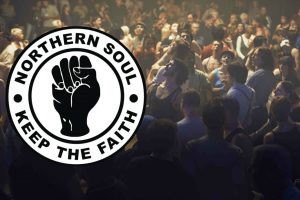
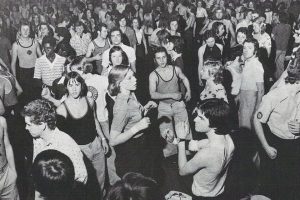
Northern soul emerged from the mod scene in Northern clubs such as the Wigan Casino, The Torch in Stoke on Trent, Catacombs in Wolverhampton, Manchester’s Twisted Wheel, and Blackpool Mecca. Ballrooms and halls hosted the underground club nights in the late 60s and 70s. These packed clubs would play records from past eras of sped-up tempos and soulful vocals on mid-1960s Motown records, with DJs introducing audiences to the rarest American vinyl. Stomping, floating, shuffling and floor shaking: the dance moves provided joy and catharsis to elated teenagers. All-nighters were held at venues across the North of England for music lovers dedicated to Northern Soul. With soul music being its primary focus, many of the songs came from classic Motown artists such as Marvin Gaye, Stevie Wonder and Smokey Robinson. Northern Soul dancers adopted a uniform style that included baggy trousers, Ben Sherman shirts and even lapel badges sporting a record label logo or artist’s name. Northern Soul was influenced by jazz, blues and gospel genres and pushed boundaries by merging traditional styles with electronic instruments like organs and synthesizers for a more modern sound. With musical influences ranging from uptempo funk to pop ballads, Northern Soul gave a unique voice to young people in England during this time period. Northern Soul left an indelible impression on popular music culture; its influence can be heard in everything from garage rock to house music today. The term “northern soul” emanated from the record shop Soul City in Covent Garden London, which was run by famous soul music collector Dave Godin It was first publicly used in Godin’s weekly column in Blues & Soul magazine in June 1970.
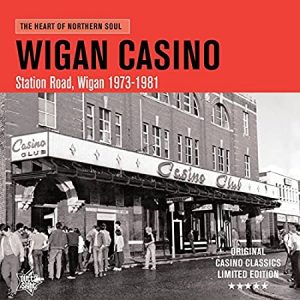
Wigan Casino closed on 6 December 1981 and was DJ’d by Russ Winstanley, and the ‘3 before 8’ were played three times consecutively at the end of the night. (The 3 before 8 were always the last three records played at the end of the night “Time Will Pass You By” by Tobi Legend, “Long After Tonight Is All Over” by Jimmy Radcliffe, and “I’m on My Way” by Dean Parrish). The crowd refused to leave; according to Winstanley, to “break this spell of hysteria”, he picked a 7″ at random from his box and played that. This final Wigan Casino song became one of the most famous Northern soul songs of all time, Frank Wilson’s Do I Love You ( Indeed I Do ).
Northern Soul remains very much alive across the UK and even across the world , annual Casino reunions are held in Wigan and Blackpool hosted by various original DJs and weekly events & all nighters at clubs all across the country .
For Great Soul Sounds and more about the scene why not join us for Soulful Sunday here on Ngage radio every Sunday 12pm -2pm KEEP THE FAITH .
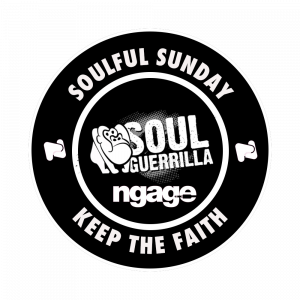
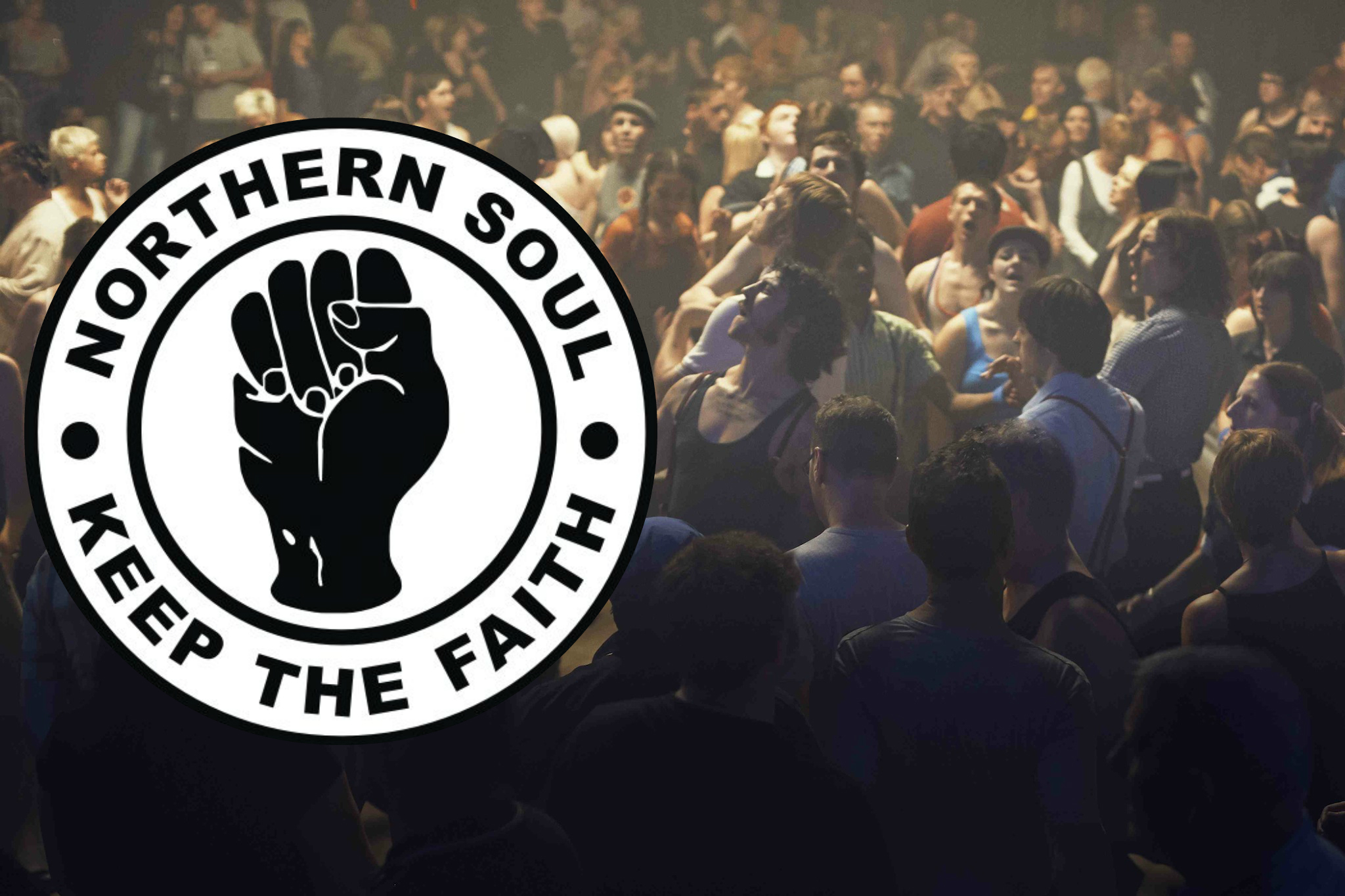




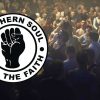
Recent Comments